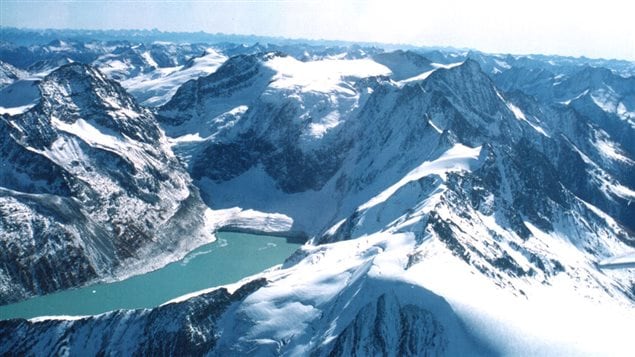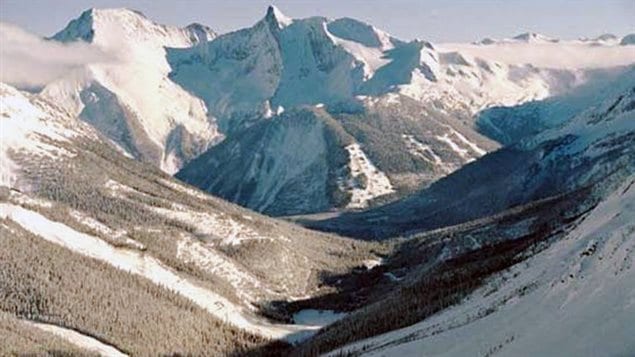Developing a ski resort in a region considered to be a sacred land by British Columbia’s Indigenous peoples does not violate their constitutional right to freedom of religion, a divided Supreme Court of Canada ruled in a majority decision Thursday.
The landmark 7-2 decision by Canada’s highest court paves the way for development of the Jumbo Glacier resort in the Kootenays region of southeastern B.C., despite strong objections from the Ktunaxa Nation.
The ruling stems from a suit filed by the Ktunaxa after Glacier Resorts received B.C. government approval to proceed with the 6,000 hectare project .
For more than two decades, the company has been negotiating with the provincial government and interested parties, including the Ktunaxa and Shuswap peoples living in the Jumbo Valley.
The Ktunaxa consider the land at the foot of Jumbo Mountain, an area known as Qat’muk, to be sacred and argue that construction of the resort would drive away Grizzly Bear Spirit, a principal figure of their religious beliefs.
They argued that charter of rights protections for freedom of religion must include not only spiritual beliefs, but also underlying sacred sites — in this case the presence of Grizzly Bear Spirit in Qat’muk.

The Supreme Court disagreed with such an interpretation of freedom of religion.
“This is a novel claim that would extend (article 2a of the Constitution on freedom of conscience and religion) beyond its scope and would put deeply held personal beliefs under judicial scrutiny,” the majority of justices wrote.
“The state’s duty under is not to protect the object of beliefs or the spiritual focal point of worship, such as Grizzly Bear Spirit. Rather, the state’s duty is to protect everyone’s freedom to hold such beliefs and to manifest them in worship and practice or by teaching and dissemination.”
The Supreme Court also concluded that the provincial government “met its obligation to consult and accommodate.”
“Where adequate consultation has occurred, a development may proceed without consent,” the court ruled.
In a dissenting opinion Justices Michael Moldaver and Suzanne Coté said while the provincial government had met its constitutional duty to consult with the Indigenous communities concerned, its decision to approve the development infringed upon the Ktunaxa’s right to religious freedom.
Where state conduct renders a person’s sincerely held religious beliefs devoid of all religious significance, this infringes a person’s right to religious freedom, the dissenting justices said.
“In many Indigenous religions, land is not only the site of spiritual practices; land itself can be sacred,” Justice Moldaver wrote. “As such, state action that impacts land can sever the connection to the divine, rendering beliefs and practices devoid of spiritual significance. Where state action has this effect on an Indigenous religion, it interferes with the ability to act in accordance with religious beliefs and practices.”
The court ruled however that the provincial government’s decision to grant the development permit is reasonable “because it reflects a proportionate balancing” between the Ktunaxa’s charter right to freedom of religion and the government’s obligation to administer Crown land and “dispose of it in the public interest.”
With files from The Canadian Press and CBC News







For reasons beyond our control, and for an undetermined period of time, our comment section is now closed. However, our social networks remain open to your contributions.